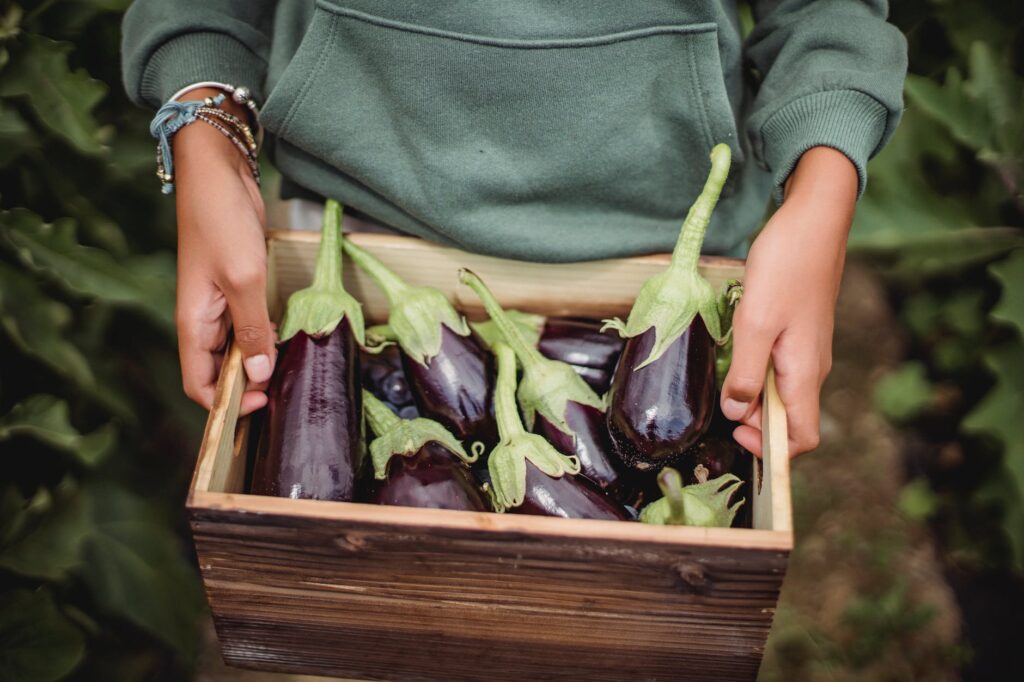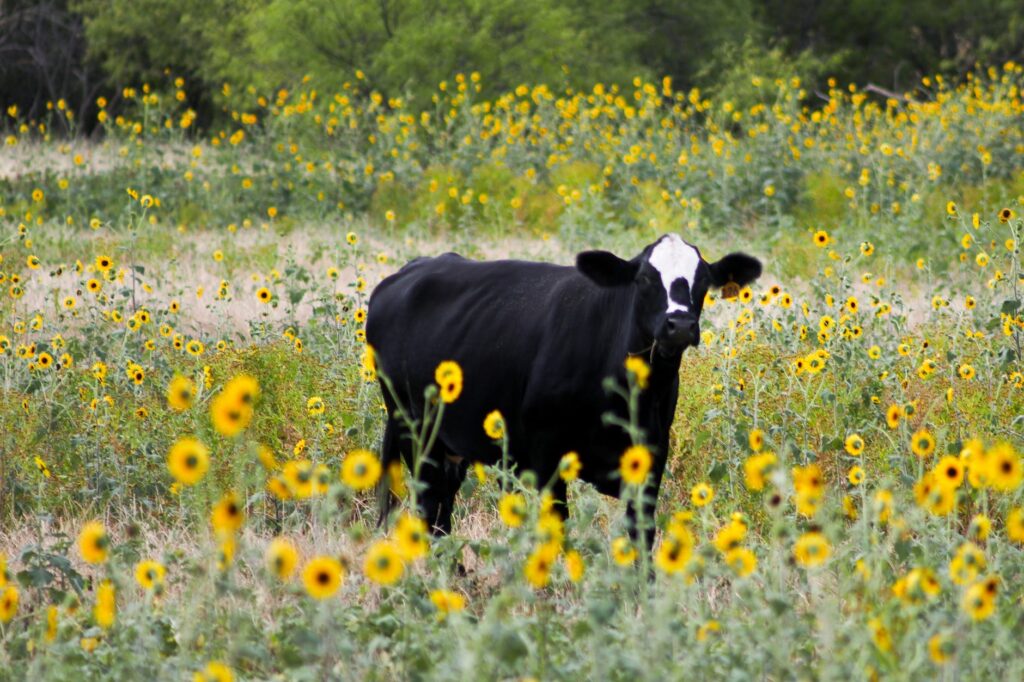Today, we’re diving deep into the world of nature-friendly farming – a topic close to our hearts, especially if you’re passionate about the environment and sustainability.
The latest State of Nature report, which is the UK’s most comprehensive report on biodiversity, showed that UK wildlife is continuing to decline. With the UK now being one of the most nature-depleted countries on Earth. The biggest causes of this wildlife depletion were found to be the way we manage our land for farming and climate change. Their website details the full report and key insights.
Nature conservation efforts have been proven to work and there are ways we can all help nature. In this post, we’ll explore what nature-friendly farming is, its benefits, and how you can support and embrace this eco-conscious agricultural approach.
So, grab your gardening gloves and let’s get started!
What is Nature-Friendly Farming?
Nature-friendly farming, also known as sustainable or eco-friendly farming, is an agricultural practice that harmoniously combines the art of farming with the principles of environmental conservation. It’s all about treading lightly on our planet while still reaping bountiful harvests.

The Benefits of Nature-Friendly Farming
Preservation of Biodiversity: One of the most significant advantages of nature-friendly farming is its positive impact on biodiversity. Farms that embrace this approach provide refuge and food for a variety of plant and animal species. These farms often feature hedgerows, ponds, and wildflower meadows, which are havens for bees, birds, and butterflies.
Reduced Chemical Use: Nature-friendly farming aims to minimise the use of synthetic pesticides and fertilisers, opting for natural alternatives like companion planting and organic compost. This helps protect our waterways and soil health.
Carbon Sequestration: Carbon sequestration is a buzzword in the fight against climate change. Nature-friendly farms, with their emphasis on cover crops and reduced tillage, help sequester carbon dioxide in the soil, mitigating climate change impacts.
Healthy Soil: Healthy soil is the foundation of any successful farm. Nature-friendly farming methods promote soil health, ensuring it’s teeming with beneficial microorganisms that support plant growth.
Improved Water Management: These farms often implement water-saving techniques like drip irrigation and rainwater harvesting, reducing the strain on local water resources.
The National Trust website has some great examples within their own article of farms which are in action implementing these practices.

How Can You Support Nature-Friendly Farming?
Buy Local and Organic: Support your local farmers who embrace nature-friendly practices by buying their produce at farmers’ markets or through community-supported agriculture (CSA) programs. Look for organic labels as a sign of more sustainable farming.
Grow Your Own: Even if you don’t have a sprawling farm, you can contribute by starting your own garden using organic and eco-friendly practices. Container gardens, raised beds, or even a small herb garden on your windowsill can make a difference.
Educate Yourself and Others: Share information about nature-friendly farming with friends and family. The more people know about these practices, the greater the demand for sustainable food production.
Advocate for Change: Get involved in local agricultural and environmental organisations. Support policies and initiatives that promote sustainable farming practices.

Nature-friendly farming is not just a trend; it’s a movement towards a healthier planet and a more sustainable future. By supporting and practicing these methods, we can help protect our environment, conserve biodiversity, and enjoy the delicious fruits (and veggies!) of our labor.
So, let’s roll up our sleeves, put on those sunhats, and start sowing the seeds of change in our own backyards. Together, we can cultivate a greener, more sustainable tomorrow for generations to come. Happy farming! 🌱🌍




